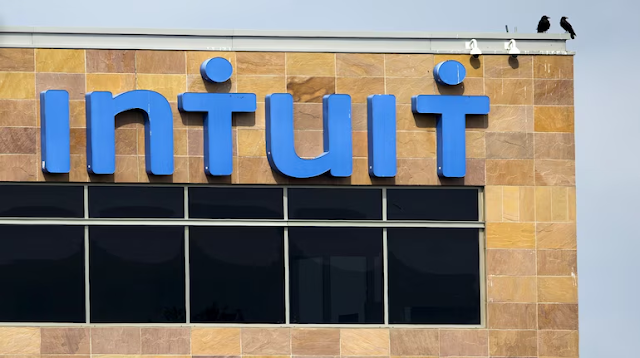AI's Impact on Cybersecurity at Intuit: Building Resilient Systems to Combat Evolving Threats
Artificial Intelligence (AI) is revolutionizing industries worldwide, but with this rapid advancement comes significant challenges in cybersecurity. Intuit, a global financial technology company, is at the forefront of addressing these challenges. Recently, Intuit's Chief Information Security Officer (CISO) shed light on the impact AI has on the company’s cybersecurity strategy, highlighting both the benefits and risks.
AI and Cybersecurity: Double-Edged Sword
The CISO emphasized that while AI offers tremendous advantages in threat detection and response, it also opens the door for more sophisticated cyberattacks. One of the key concerns is the democratization of AI, which makes powerful tools accessible to a broader audience. This accessibility means that malicious actors can exploit AI to develop advanced techniques, making it harder to defend against threats.
For example, AI can be used to automate phishing attacks, develop malware capable of bypassing traditional security measures, or even mimic legitimate users’ behavior to breach systems. The rise of AI-generated deepfakes and social engineering tactics is also pushing security teams to rethink their approach to identity verification and fraud prevention.
Intuit's Approach: Resilient Systems
In response to these growing threats, Intuit is focusing on building resilient systems that can adapt and respond to AI-driven cyberattacks. The company’s cybersecurity strategy revolves around using AI to enhance its defense mechanisms. AI enables Intuit to quickly detect anomalies, predict potential attacks, and deploy rapid countermeasures. By integrating machine learning algorithms into its security framework, the company can analyze vast amounts of data to identify patterns that signal threats.
The CISO stressed that resilience goes beyond just technology. It involves investing in employee training to ensure that all employees are equipped with the knowledge to recognize potential risks. Additionally, Intuit is collaborating with industry leaders to stay ahead of emerging threats and continuously refine its cybersecurity practices.
The Road Ahead
As AI continues to evolve, so will the nature of cyberattacks. Intuit's proactive approach to combating AI-related threats positions the company as a leader in cybersecurity. However, the CISO pointed out that no system is entirely immune to attacks. The key to staying secure in this AI-driven world lies in the constant innovation and adaptation of security measures.
Ultimately, Intuit’s mission is to safeguard customer data while leveraging the benefits of AI to enhance both the user experience and cybersecurity. By building resilient systems and preparing for AI-driven attacks, Intuit is ensuring that it can meet the challenges of an increasingly complex digital landscape.
Conclusion
AI’s impact on cybersecurity is undeniable, and companies like Intuit are faced with the task of balancing innovation with security. Through its focus on resilience, collaboration, and proactive defense, Intuit is well-positioned to navigate the risks AI poses while continuing to harness its potential for positive transformation.

